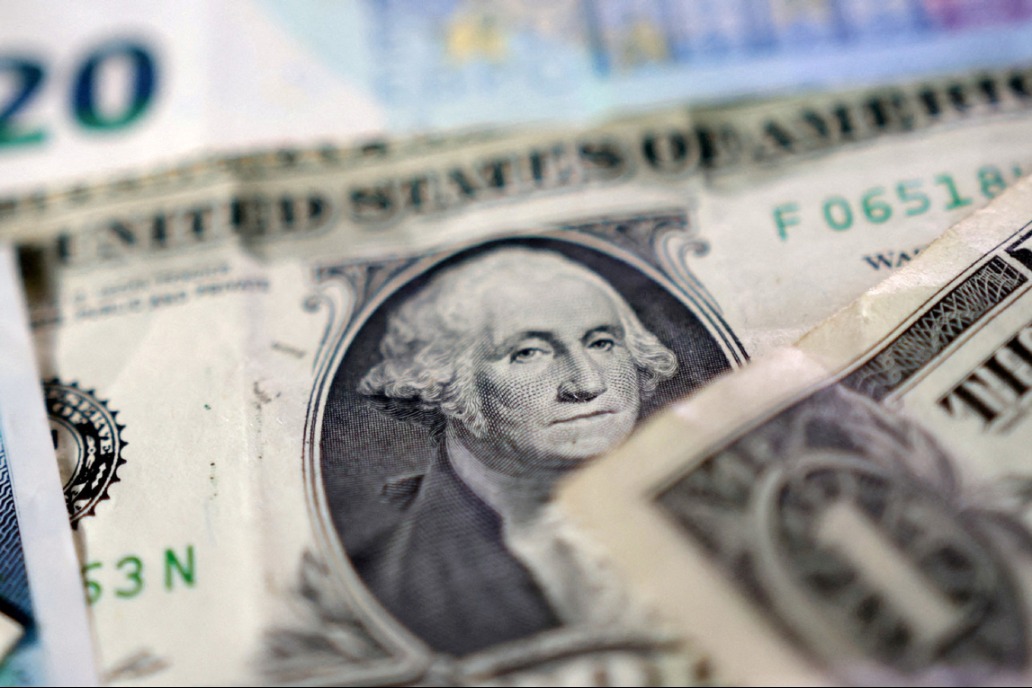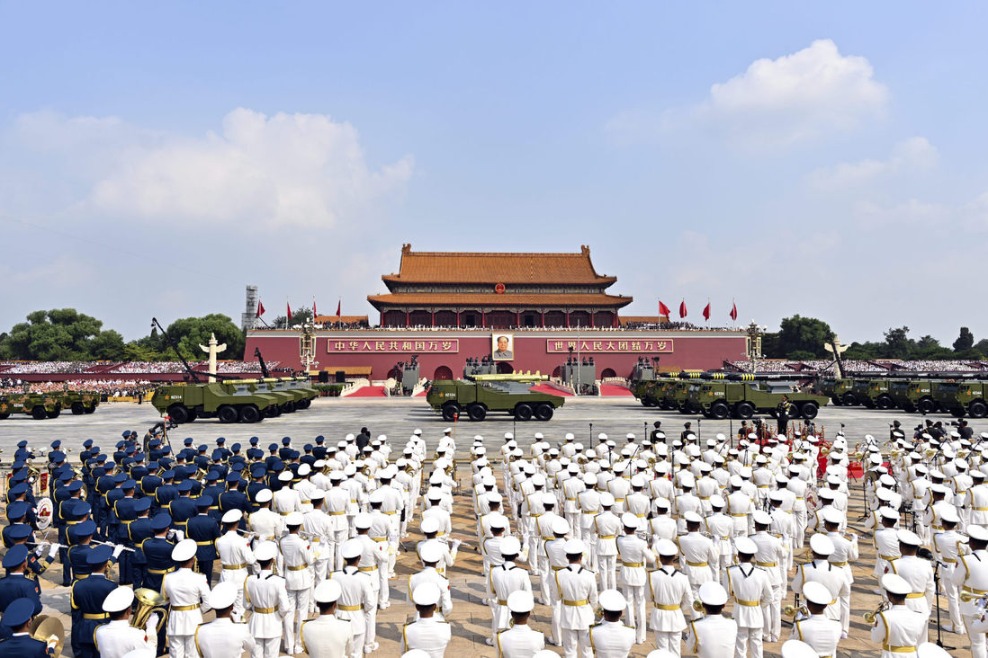US consumers 'eat' force-fed tariffs: China Daily editorial

Economists have warned from day one that the cost of the Donald Trump administration's tariff policy will be borne by US companies and consumers.
The administration in turn has painstakingly sought to convince the US public that foreign producers pay the taxes. But that is an endeavor that is doomed to failure with US retailers raising prices.
That explains why a war of words has erupted between the White House and US retailers over to what extent should US companies sacrifice their profits to help the US administration reduce its tariff policy's impacts on US consumers.
The White House and US companies have not reached any consensus in that regard.
Walmart CEO Douglas McMillon said on Thursday that given the magnitude of the tariffs, even at the reduced levels announced last week, the retail giant isn't able to "absorb all the pressure given the reality of narrow retail margins", indicating an imminent rise in the price of everything from bananas to children's car seats.
US President Donald Trump, in a Truth Social post, lashed out at the retailer, saying the company should sacrifice its profits for the sake of his economic agenda. "Walmart made BILLIONS OF DOLLARS last year, far more than expected. Between Walmart and China they should, as is said, 'EAT THE TARIFFS', and not charge valued customers ANYTHING."
But that has only served to expose the mounting pressure his administration is under to justify the rationality of its tariff policy.
Walmart has tried its best to pressure its suppliers, particularly those from China, to cut their prices, but they are at the bottom of the value chain and have little scope to do so.
In April, McMillon was among the retail executives who met with the president at the White House to discuss tariffs. But the US administration went forward despite warnings and has attacked other companies such as Amazon and Apple that are struggling with the disruptions to their supply chains.
So although the White House claims the tariff policy will benefit US enterprises and consumers in the long run, that make-believe is not a balm for the bitter reality confronting the US business community and consumers.
The pressure the US administration has tried to put on Walmart and other US companies shows the predicament many major US companies are in as they are caught between the anger of consumers and the wrath of the administration.
The US administration is well aware that its tariff policy has cast a gloomy shadow over the US economy. But instead of reflecting on the wisdom of sustaining it, the administration has tried to pass the buck to the Federal Reserve, which it alleges refuses to support its tariffs by lowering interest rates.
On Saturday, the US leader repeated his calls for Fed Chair Jerome Powell to cut the benchmark rates, although Powell has warned the move could cause inflation to accelerate. Turning a blind eye to the true situation, the White House maintains that inflationary pressures have largely disappeared from the economy. So regrettably, instead of revoking the tariffs, the administration seems ready to double down on them.
US Treasury Secretary Scott Bessent said on NBC's "Meet the Press" on Sunday that the "negotiating leverage that President Trump is talking about here is if you don't want to negotiate, then it will spring back to the April 2nd level".
On April 2, the US president unveiled a sweeping 10 percent global baseline tariff, plus higher reciprocal tariffs on dozens of countries. On April 9, he paused the higher tariffs for 90 days, while leaving the baseline in place.
While the US administration is clearly trying to reduce the uncertainty for markets about what comes next to avoid another market meltdown, its insistence that the tariffs will be ratcheted back up if deals are not forthcoming will only add to the mounting pressure on the US economy as a result of the administration's ill-considered tariff policy.


































